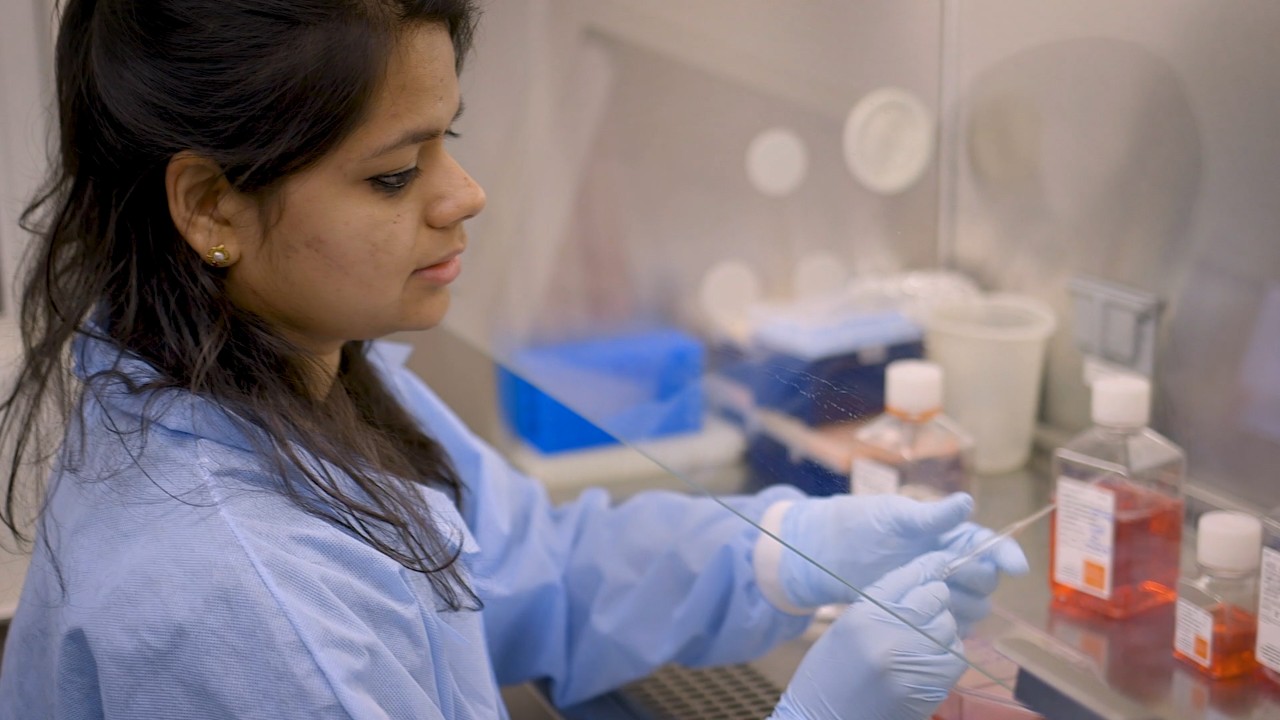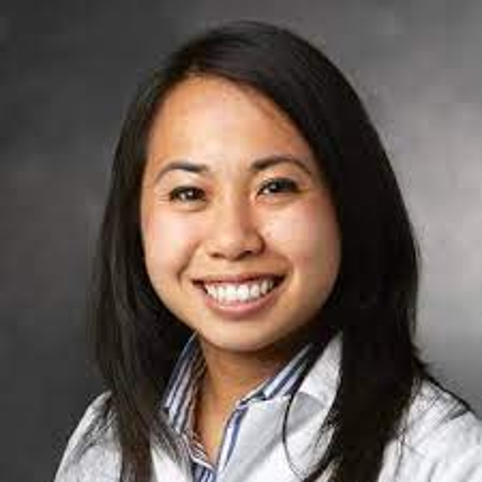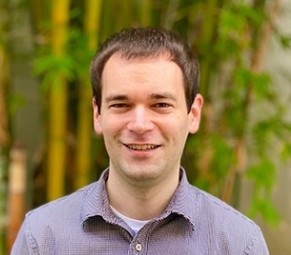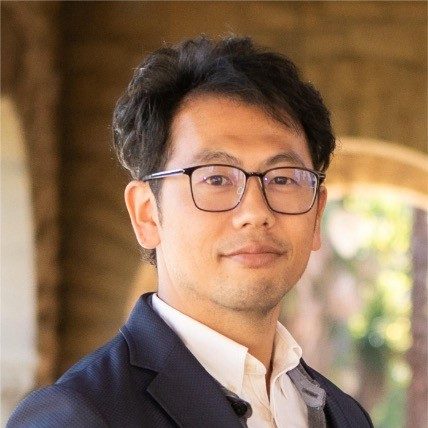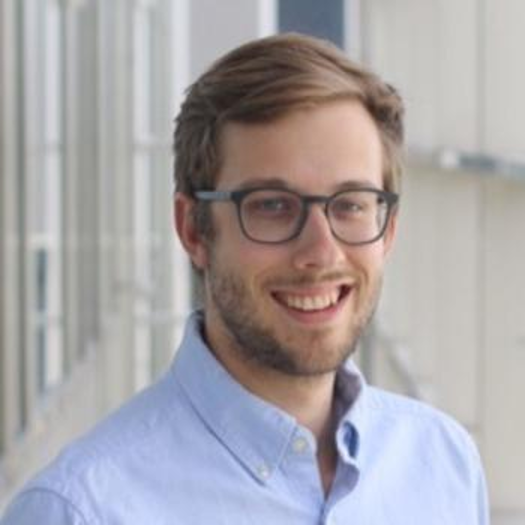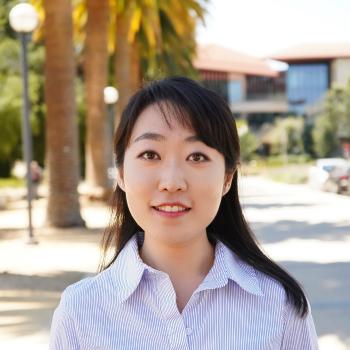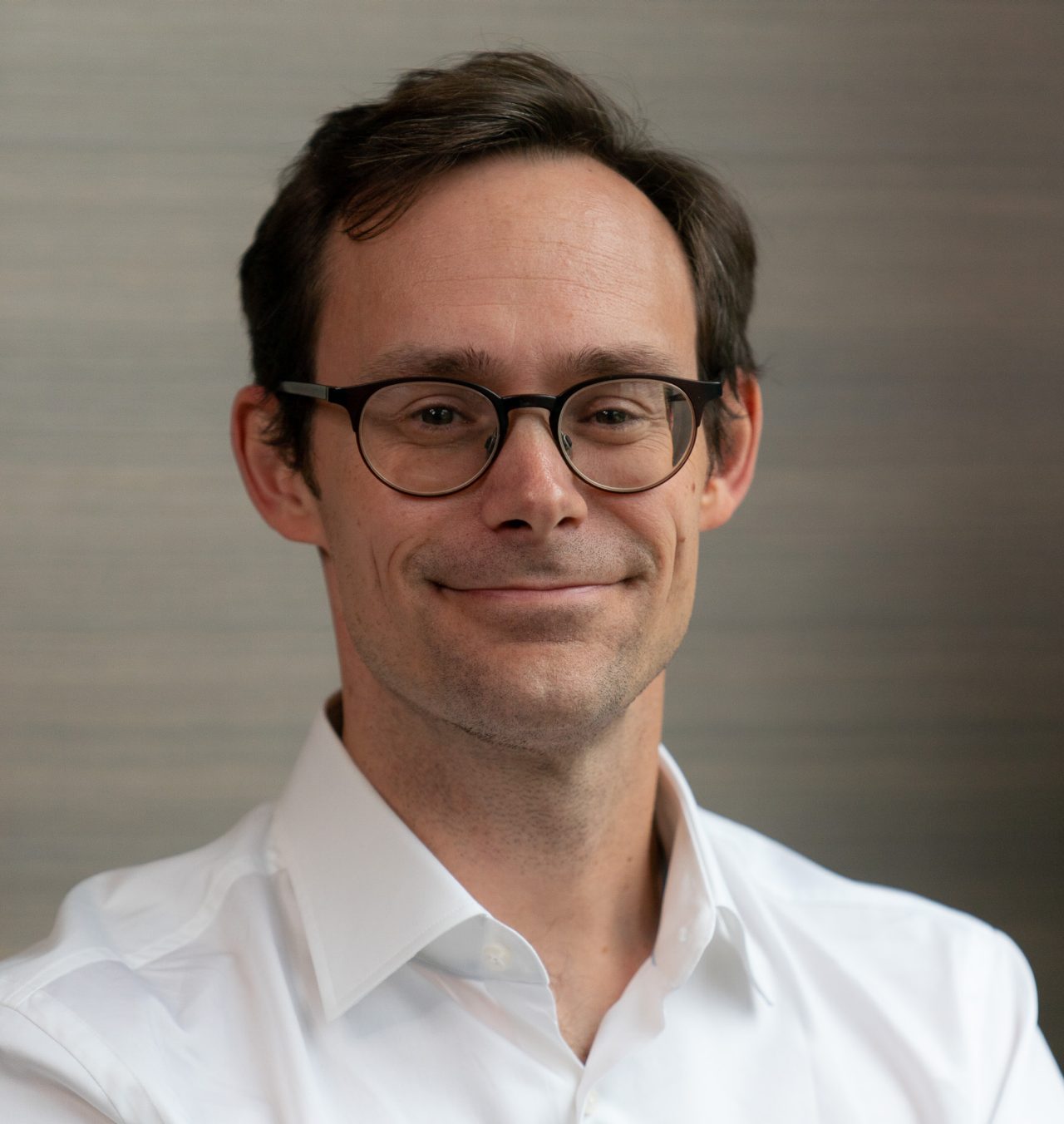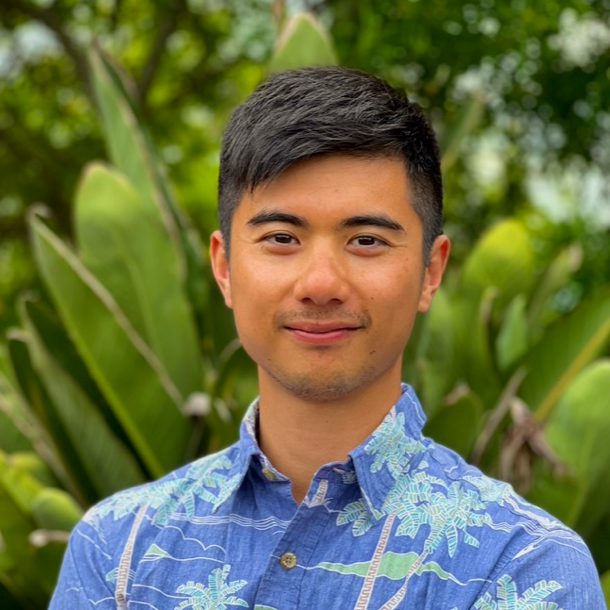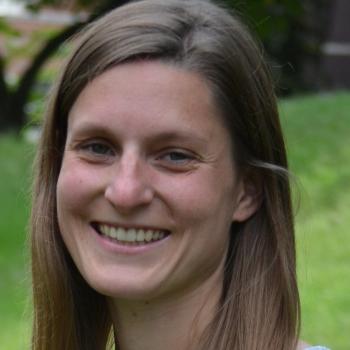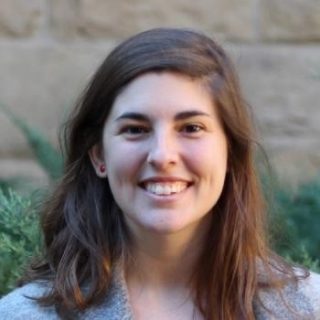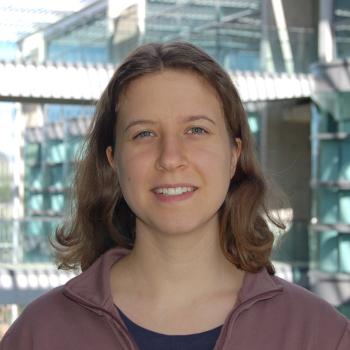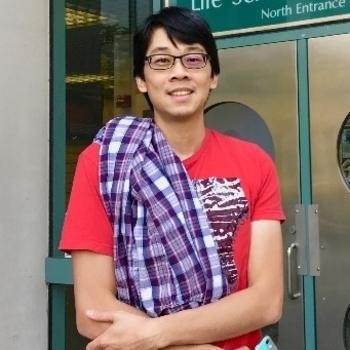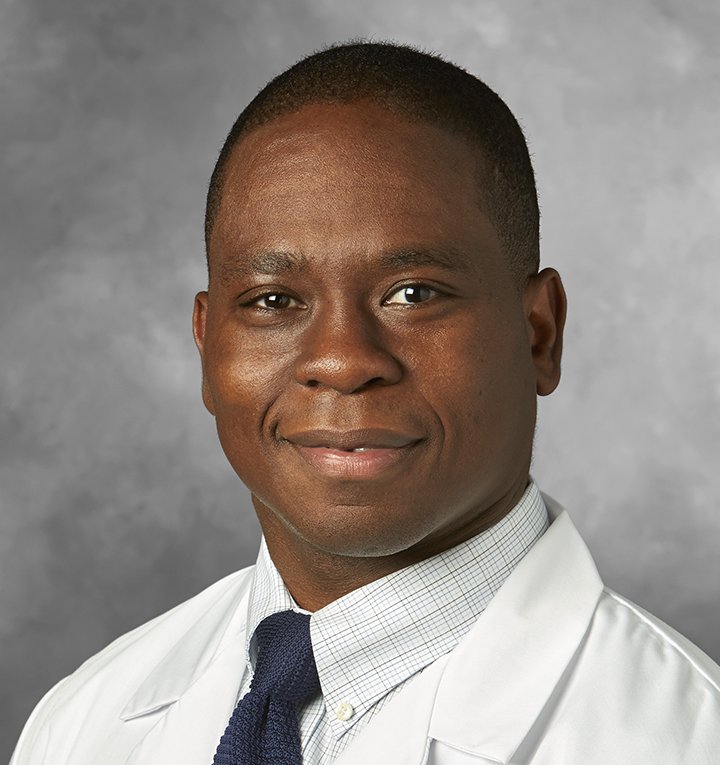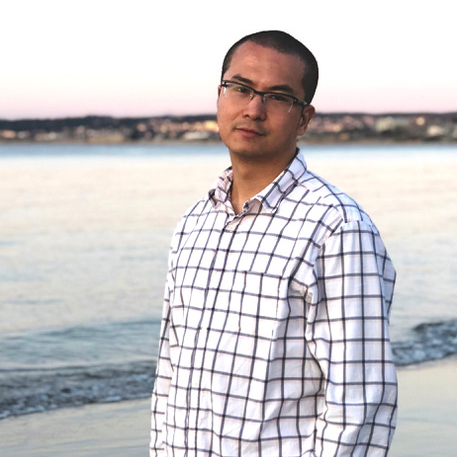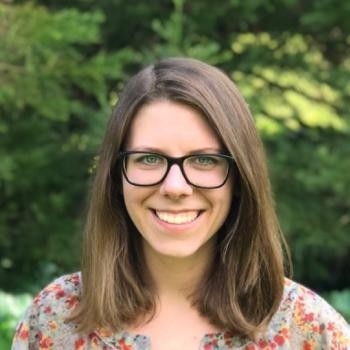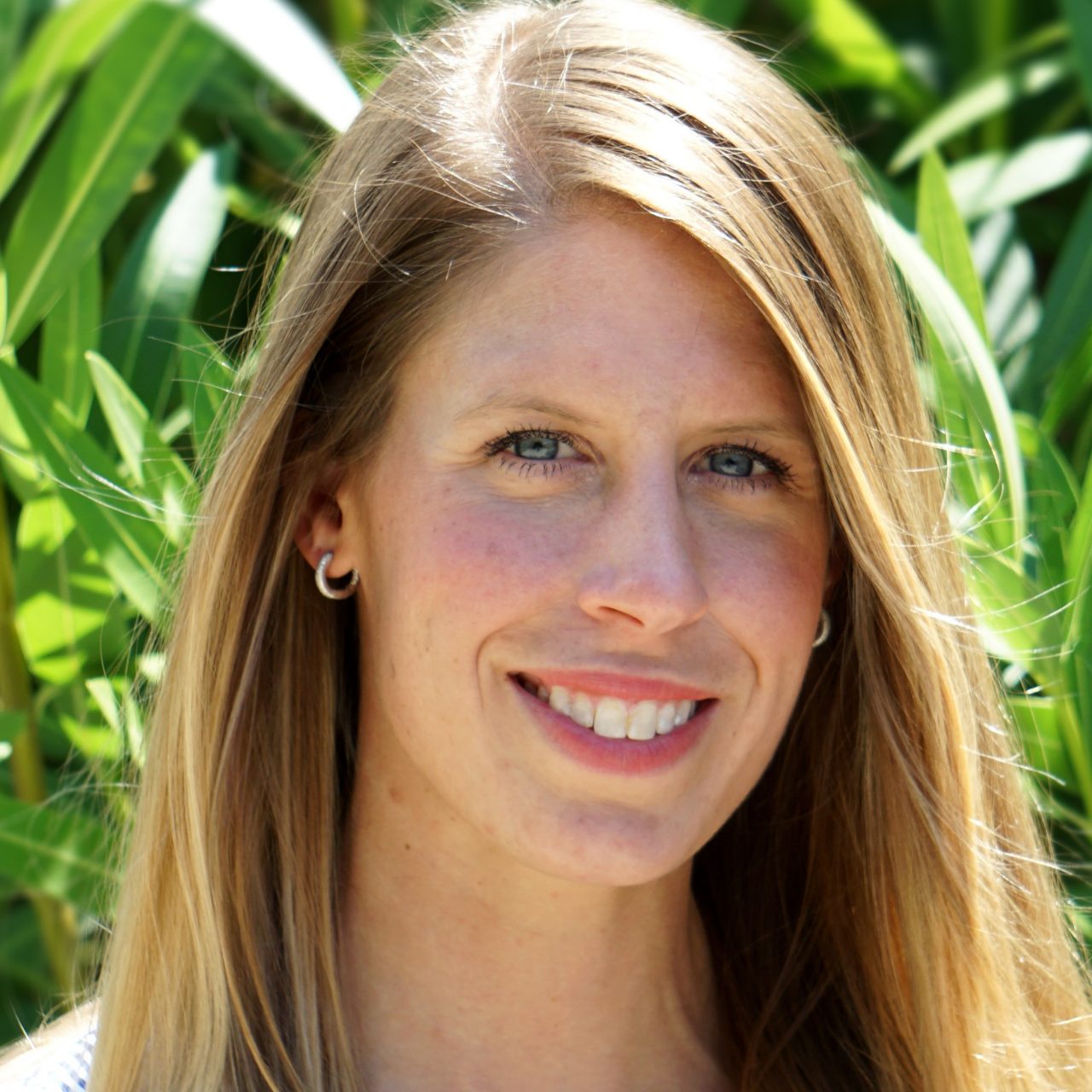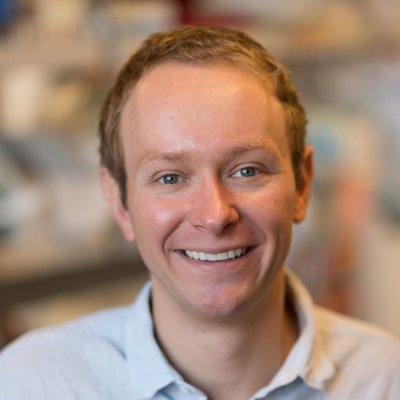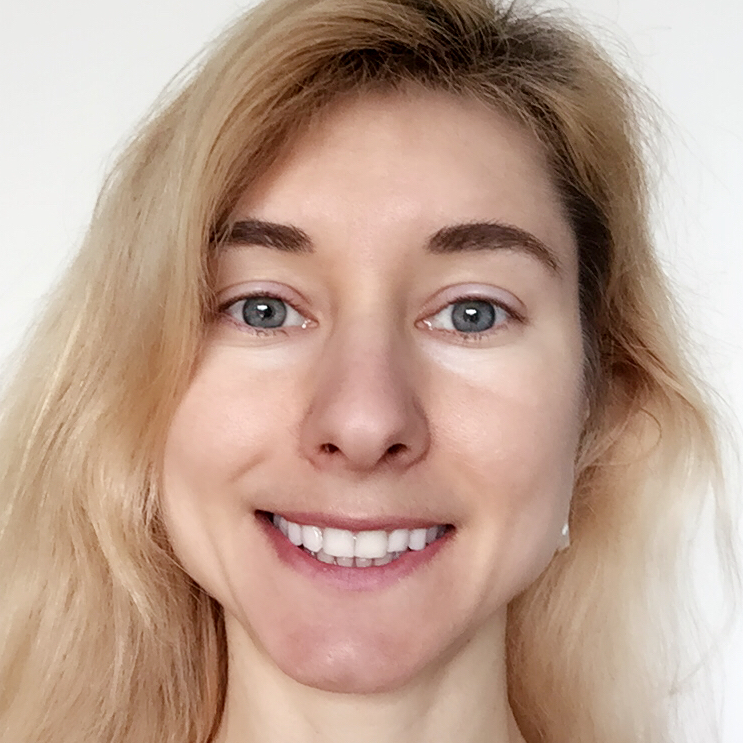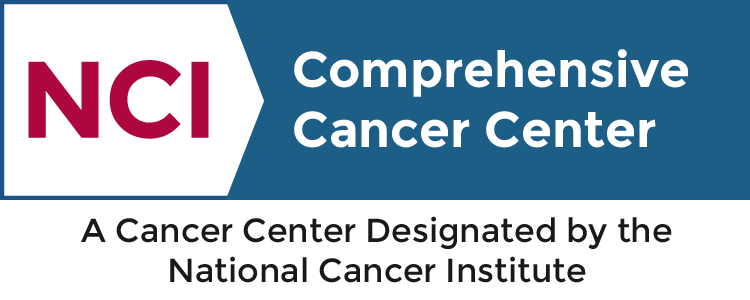As an NCI Designated Comprehensive Cancer Center, the Stanford Cancer Institute (SCI)’s mission is to translate Stanford discoveries into individualized cancer care and prevention. In keeping with its important goal of educating and empowering the next generation of cancer researchers, the SCI offers funding to cancer research fellows at Stanford University.
The SCI seeks to increase the number of clinical, laboratory, and population researchers, who are carrying out cancer research with applicability to the basic biology, prevention, diagnosis or treatment of cancer, or to the quality of life of cancer patients. This critical source of funding enables trainees to achieve faculty positions and obtain career development awards.
We strongly encourage candidates of diverse backgrounds to apply.
Evaluation Criteria
The most important criteria for the fellowship awards are that applicants:
- Have clear evidence of intent to pursue an academic career (prior research experience is a plus).
- Have a commitment to apply during the 2024 academic year for outside support from foundations, the NIH, or other sources. If outside support is obtained for the 2024 academic year while the application is reviewed and approved, it will be used to offset the SCI funds awarded.
Eligibility
The RFA is open to individuals who are completing their clinical or post-doctoral training and are pursuing clinical, laboratory, or population-based research projects with direct cancer relevance at Stanford University. These individuals are in the final year of their residency or postdoc planning to look for faculty positions in the next year.

